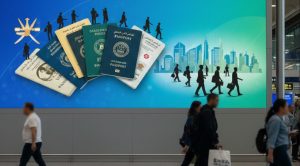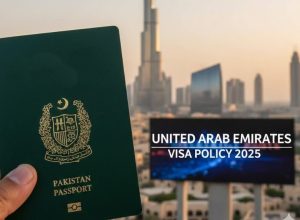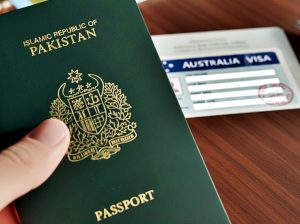LONDON – The government of the United Kingdom (UK) has extended the Seasonal Worker Visa Program despite concerns about immigration numbers.
Britain’s farming visa program, which allows entry of 45,000 migrants annually, has been extended to 2029 though the authorities are trying to cut back on immigration at the same time.
Environment Secretary Steve Barclay confirmed the extension and follows Premier Rishi Sunak’s commitment to tightening work visas. The decision comes amid growing apprehension regarding labor shortages in agriculture, particularly during harvest periods.
Barclay unveiled plans for 45,000 seasonal worker visas for the upcoming year, maintaining the same quota as previously announced for 2023-24.
Extending the visa scheme for an additional five years, Barclay affirmed that it allows farmers sufficient time to reduce their dependence on foreign labor. Interestingly, Boris Johnson committed in 2021 to gradually phase out the program, vowing that visa numbers would gradually decline from 2023 onwards.
The government has also emphasized the need for the farming sector to improve wages and conditions to attract domestic workers. With an eye on the future, Barclay emphasized the importance of effective planning for businesses, hence the extension of the seasonal worker visa route until 2029, providing farmers with essential certainty for growth.
It is to be clarified that further details regarding visa figures for 2026-29 will be unveiled later this year.
As far as the visa program is concerned, it was originally launched in 2019 with an initial allocation of 2,500 visas for non-EU workers; the program significantly expanded post-Brexit, with 30,000 places available in 2022.
While previously dominated by workers from Russia, the influx now hails from ex-Soviet states like Kyrgyzstan, Uzbekistan, and Tajikistan.
The seasonal worker route permits foreign laborers to work in Britain’s horticulture sector for up to six months, primarily during the summer months. Despite its benefits, concerns prevail regarding visa overstays and black-market employment among visa holders.














